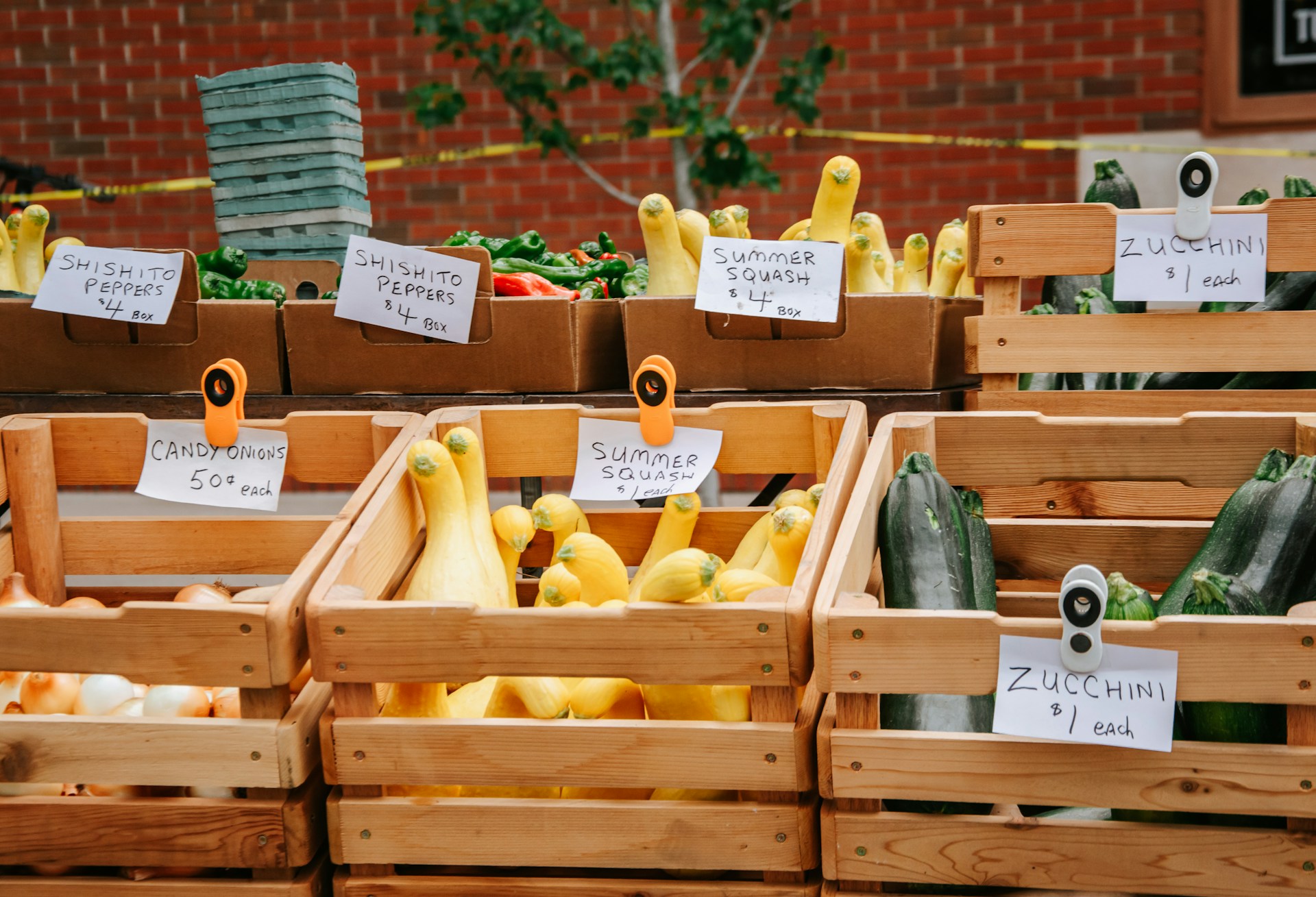With an increasing awareness of health, environmental sustainability, and the benefits of organic farming, many individuals aspire to incorporate more organic fruits and vegetables into their diets. The allure of produce grown without synthetic pesticides, herbicides, or genetically modified organisms (GMOs) is undeniable. However, the question remains: Is it truly feasible to systematically consume organic fruits and vegetables in today’s world? Let’s explore the challenges and opportunities of embracing organic produce on a regular basis.
The Demand for Organic:
The demand for organic fruits and vegetables has surged in recent years, reflecting a growing preference for food that is free from harmful chemicals and produced in an environmentally responsible manner. Consumers are drawn to the promise of cleaner, more nutrient-dense produce that supports both personal health and the health of the planet.
Challenges of Systematic Consumption:
Availability: One of the primary challenges of systematic organic consumption is the availability of organic produce. While organic options are more widely available today than in the past, they may still be limited in some regions, especially in rural or remote areas. Urban centers often have better access to organic markets, specialty stores, and farmers’ markets.
Cost: Organic fruits and vegetables typically come with a higher price tag compared to conventionally grown produce. This can present a barrier for consumers on a tight budget or those with larger families. The perceived affordability of conventional options may sway purchasing decisions, especially when considering the overall grocery bill.
Seasonal Variability: The availability of organic fruits and vegetables can vary by season, depending on local growing conditions and the types of crops cultivated. Some regions may have a shorter growing season for certain organic produce, limiting availability during certain months.
Opportunities for Systematic Consumption:
The organic food market has grown significantly in response to consumer demand. Supermarkets, grocery chains, and online retailers now offer a broader selection of organic fruits and vegetables than ever before. This trend is expected to continue, making organic options more accessible to a wider audience.
Local Farmers’ Markets: Farmers’ markets are a treasure trove of locally grown, organic produce. These community hubs offer a direct connection to farmers and the opportunity to purchase freshly harvested fruits and vegetables. Supporting local farmers also strengthens regional food systems and reduces the environmental footprint of food transportation.
Home Gardening: For those with the time and space, growing organic fruits and vegetables at home is a rewarding and sustainable option. Container gardens, raised beds, and backyard plots can yield a bounty of fresh produce, tailored to personal preferences and free from synthetic chemicals.
Consider Organic Alternatives: Organic frozen fruits and vegetables can be a convenient and affordable option, offering year-round access to organic produce with minimal prep time.
Support Local Farmers: Get to know the farmers in your area and support their organic practices by purchasing directly from them whenever possible. Joining a CSA or visiting farm stands fosters a direct relationship with the source of your food.
While the systematic consumption of organic fruits and vegetables presents challenges such as availability, cost, and seasonal variability, it is indeed possible with thoughtful planning and exploration of available options. The increasing demand for organic produce has led to greater accessibility through supermarkets, farmers’ markets, CSA programs, and online retailers. By prioritizing staples, taking advantage of local offerings, and considering preservation methods, individuals can embrace organic consumption as a sustainable choice for personal health and environmental well-being. With each organic purchase, consumers contribute to a food system that values transparency, sustainability, and the nourishment of both body and planet.
